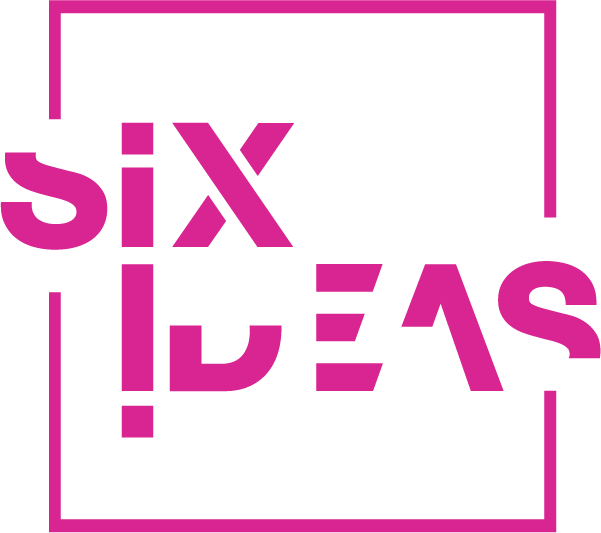Your silent workplace strategist
Imagine an office where your workplace strategy is being run on the fly by an AI agent working behind the scenes. SciFi? Maybe a little for now… but advancements are opening up new possibilities for how we interact with and while in the workplace. While AI agents remain largely in experimental stages, their potential to reshape work environments is growing.
What are AI agents?
Here ‘agent’ refers to a software-based system that can ‘perceive’ its environment, analyse data, and take actions to achieve specific goals. Unlike traditional automated systems, agentic AI are designed to adapt and learn over time, refining their decision-making processes based on patterns and feedback. They can function independently or as part of a larger network, supporting and influencing workflows, optimising resources, and can interact with employees through chat-based scenarios.
Managing the environment
One possible application of AI agents is in dynamically adjusting office spaces to better support employees. AI-driven systems could monitor and adjust environmental factors like lighting, temperature, and workspace availability, responding to real-time needs. Some workplace platforms already provide limited versions of these capabilities, such as real-time space booking systems and environmental monitoring tools (GMS Media Services). If AI agents were to evolve further, they might help optimise work environments based on behavioral data, ensuring a better balance between productivity and comfort.
Clarity around collaboration
Another potential avenue for AI agents is in coordinating team collaboration. Some research suggests that AI could help monitor team dynamics, identifying patterns that indicate communication bottlenecks. For instance, an MIT study explored how AI might intervene in teamwork scenarios by analysing how different team members perceive task progress and identifying discrepancies. The AI system could then provide updates or clarifications to ensure that all team members have a shared and accurate understanding of the work being done, ultimately reducing miscommunication and improving coordination. While still in experimental phases, such AI tools could evolve to play a role in fostering more effective collaboration by providing real-time feedback on how teams interact and work together.
Tailored work assistance
As AI agents evolve, they are increasingly capable of tailoring work experiences to individual employees through analysis of personal work data and behaviors. For instance, AI-driven virtual assistants, can already manage emails, schedule meetings, and prioritise tasks based on an employee's work habits, reducing cognitive load and reclaiming productive time.
In customer service, AI chatbots used by companies like Amazon and Salesforce analyse customer interactions in real-time to offer personalised responses, improving overall satisfaction. Moreover, workplace AI tools can monitor employee work patterns, analyse stress levels, and suggest workload adjustments or break schedules to improve well-being (Big Think). The role of these intelligent systems in shaping work experiences will likely play an expanding role in influencing how employees grapple with their tasks and interact with their colleagues, and workplace environments.
Master planner or master manipulator?
Despite the promising possibilities, integrating AI agents into workplaces also raises ethical concerns. How much influence should AI have over human decisions? What safeguards should be in place to ensure transparency and avoid manipulation? These systems have the potential for asymmetrical persuasion, through the same systemic analysis capability and improved natural language fluency used to understand and tailor our work experiences.
If AI systems are designed to optimise for productivity, organisations must also consider the implications on employee autonomy and well-being, highlighting the importance of developing ethical frameworks alongside technological implementations. The line between enhancement and exploitation is thin, and how we navigate it will help define the role of AI in the workplace.
Tool or taskmaster?
The role of AI agents is set to challenge long-held assumptions about how we work, collaborate, and make decisions. Whether AI becomes a trusted workplace ally or a force that erodes autonomy depends on how these technologies are designed, deployed, and regulated. The balance between efficiency and ethical responsibility will shape not just our work environments but have broader societal influence. Without a people-first approach AI agents might not empower employees but merely optimise them.

